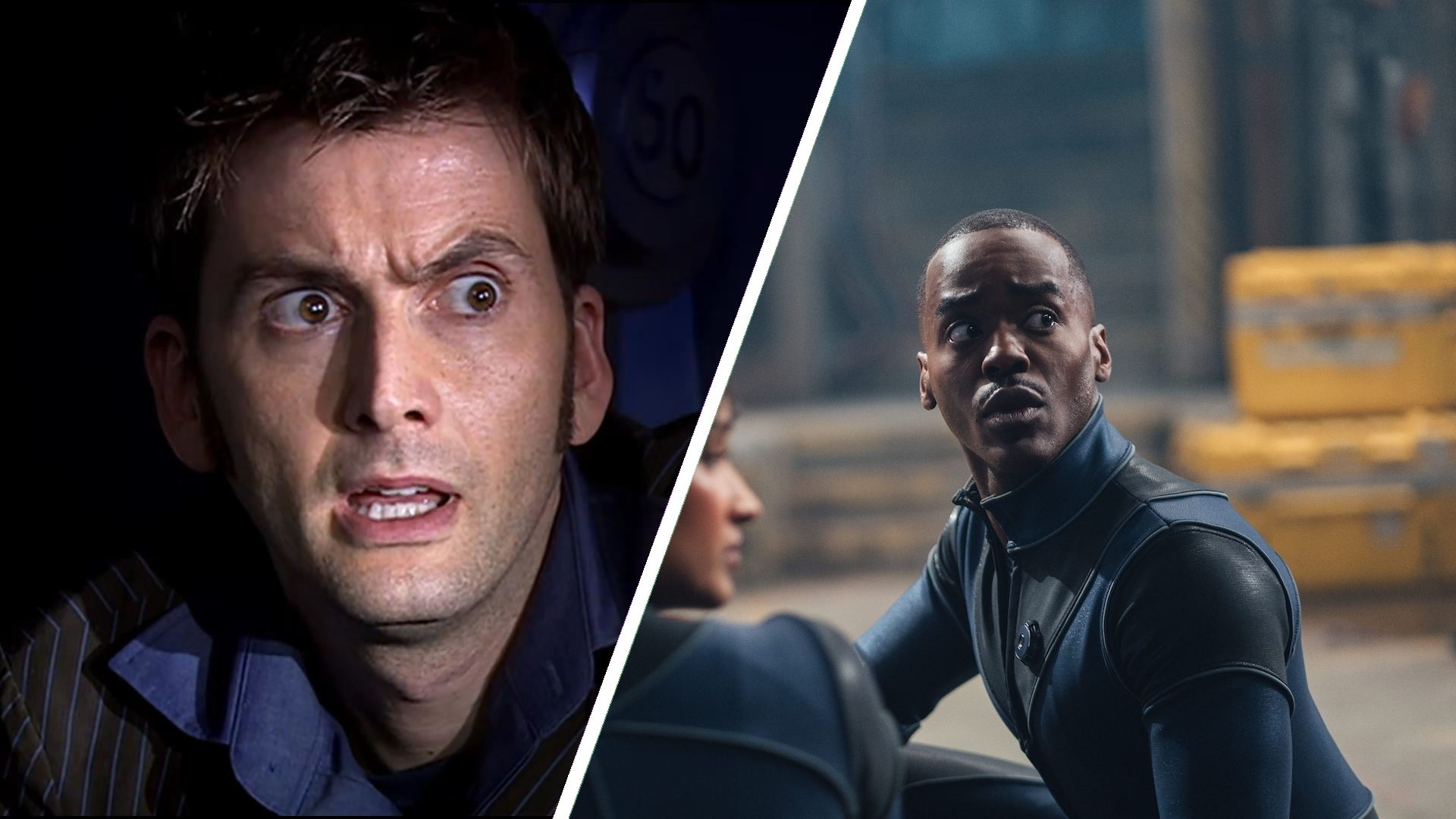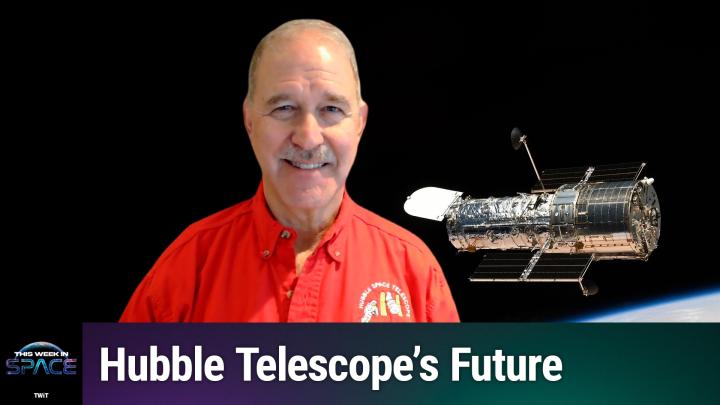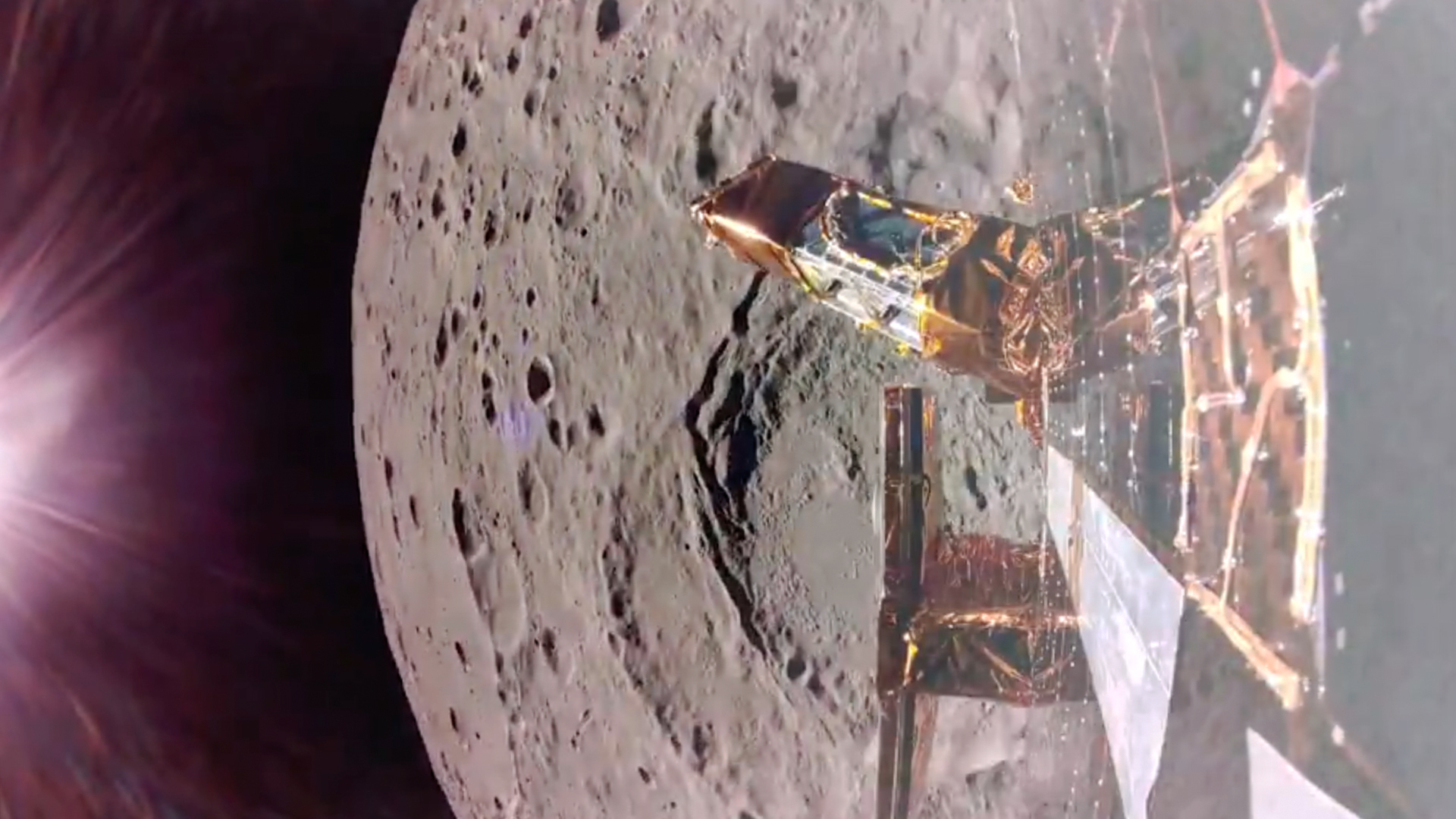'I Hope They Take a Camera': Astronaut Jim Lovell Talks SpaceX Moon Mission
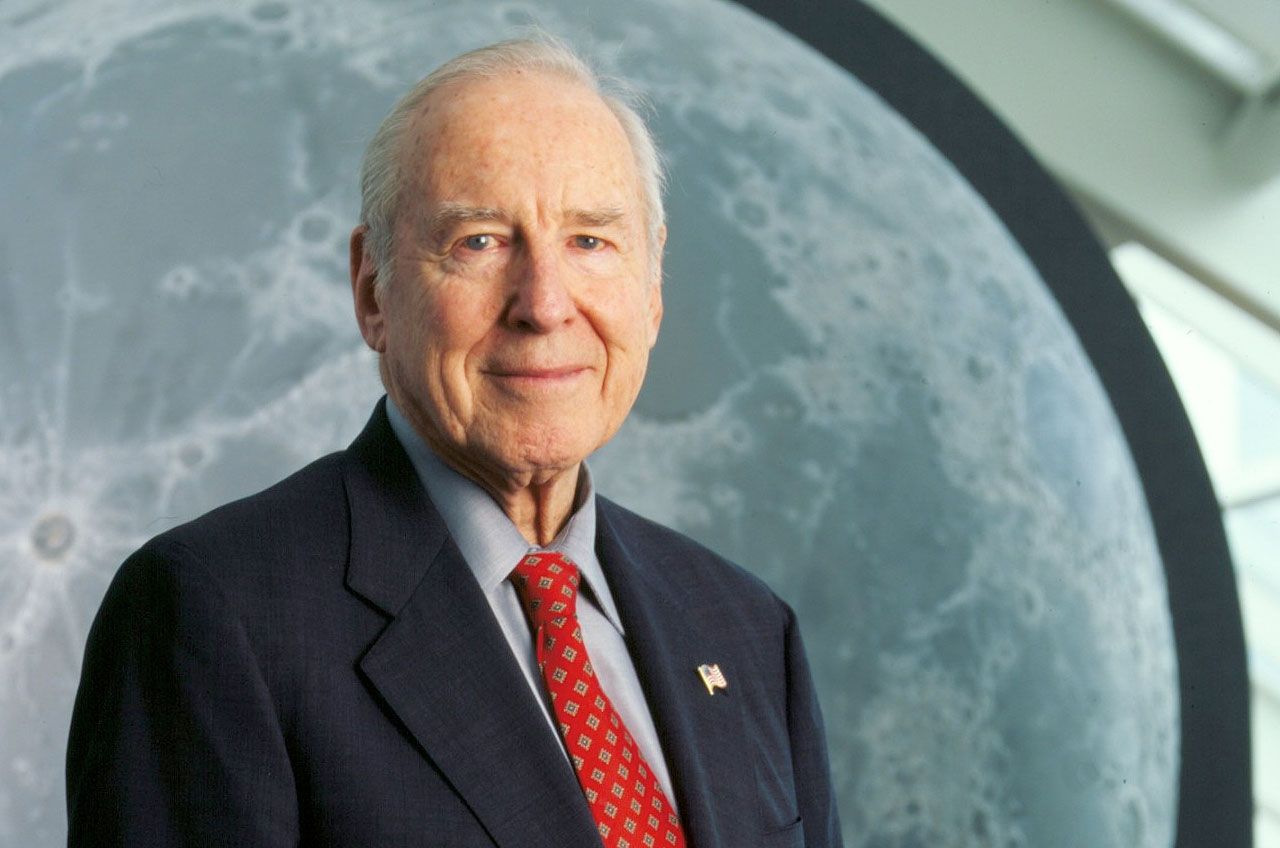
SpaceX's announcement that it plans to launch two private passengers on a flight around the moon evoked comparisons to Apollo 8, NASA's December 1968 mission that sent the first astronauts into lunar orbit.
Targeted to fly in late 2018, SpaceX's moon-bound clients would carry the "hopes and dreams of all humankind," said the spaceflight company, "like the Apollo astronauts before them." SpaceX's Dragon spacecraft could lift off in time for the 50th anniversary of Apollo 8, serving as a fitting tribute to that mission's historic achievement.
Or maybe not. [SpaceX to the Moon: Is 2018 a Lofty Goal? (Video)]
"No, not really," said Jim Lovell, who flew on Apollo 8 with Frank Borman and Bill Anders. "If I understand the project correctly, this is going to be a fully-automated spacecraft. We have sent many unmanned, robotic spacecraft around the moon already."
On the first flight to the moon, Lovell and his Apollo 8 crew mates were kept busy operating and flying the spacecraft.
"On Apollo 8, of course, as the initial flight, there was a lot of stuff [to do]; we were navigating," described Lovell in an interview. "It appears to me that they won't have to bother navigating. It will be done just as we have sent unmanned spacecraft to the moon."
"Two people are going to sit in there [the Dragon], they're going to be launched, they're going to go out, they're going to circumnavigate, they will be on a free-return course and they will come back and land," Lovell told collectSPACE on Tuesday (March 7). "I hope they take a camera."
Get the Space.com Newsletter
Breaking space news, the latest updates on rocket launches, skywatching events and more!
That is, unless things go wrong.
"If it is Apollo 13, and not Apollo 8, they'll have a problem," Lovell said. "It will be a big setback for SpaceX. That is the risk they are taking."
SpaceX intends the lunar mission to build off the success of its autonomous Dragon cargo flights to the International Space Station that began in 2012. Further, it does not plan to launch to the moon until it begins its contracted flights to send NASA astronauts to the space station, now targeted for mid-2018.
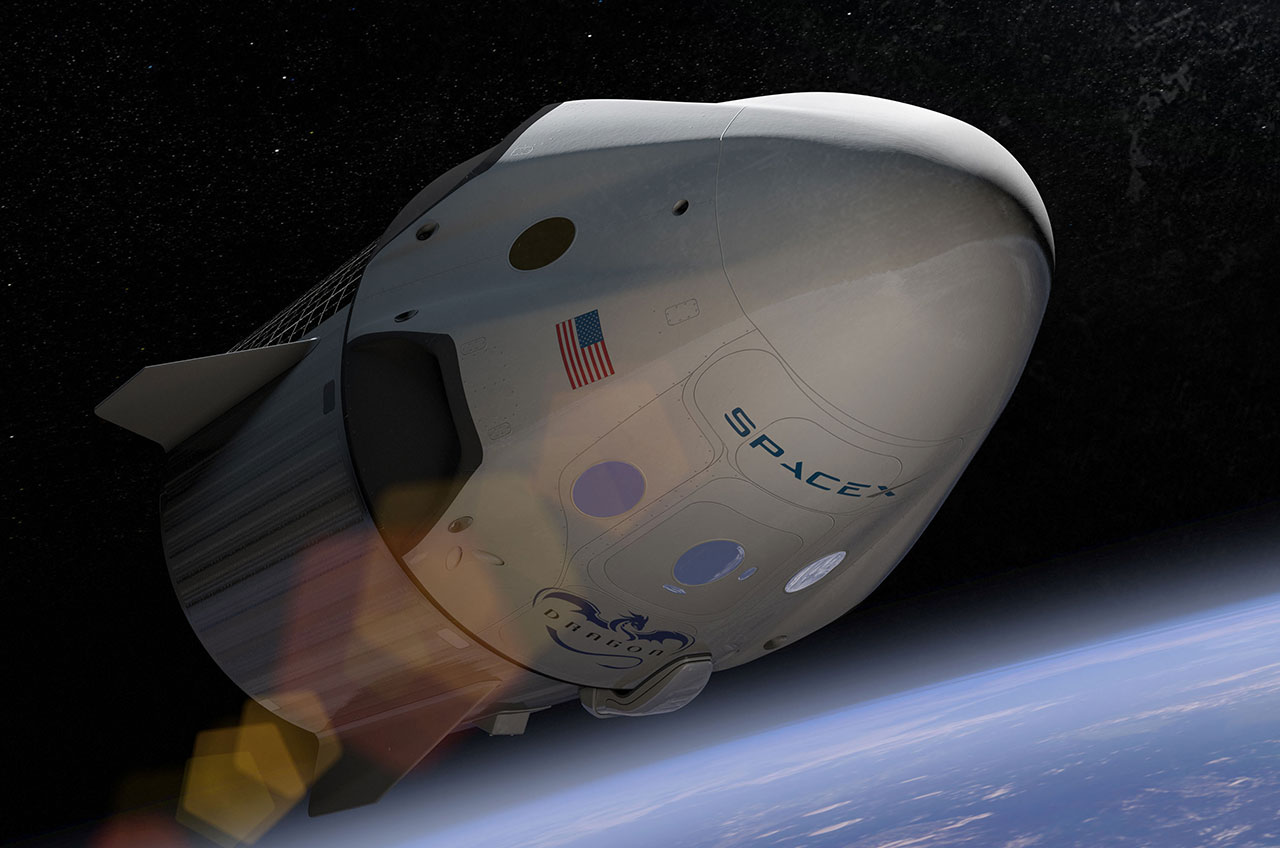
"We are confident this will be a good vehicle to fly on," said SpaceX CEO Elon Musk in a Feb. 27 call with reporters.
Lovell, who after Apollo 8 commanded the near-disastrous Apollo 13, said SpaceX's mission will be worth the risk — for the passengers.
"It was for me," he said. "If there are people who like to live on the edge, and certainly the astronauts during the Apollo period had that type of personality, it will be well worth it. If they've money to give to SpaceX to go do that, well, yes [it will be worth the risk]."
The lunar mission, which SpaceX said will travel faster and further than any mission of its type before, will not be in the same category as Apollo 8, Lovell said. [As SpaceX Unveils Space Tourist Moon Flight, NASA Reacts]
"They're not accomplishing anything. They're not pioneers. It is not a Lewis and Clark expedition of some sort, it is just a ride that goes around the moon," said the veteran Apollo astronaut. "They will see something that has been looked at before by other people and in photographs."
But that is not to say that SpaceX's moon mission will only be about what can be seen out the window, Lovell noted.
"You have to remember, it's not just the view. It is also the experience. It's the fact that they will come back and at the next cocktail party, they will be the center of attention," he said. "It is the fact that they will have done something that only a few other people have ever done."
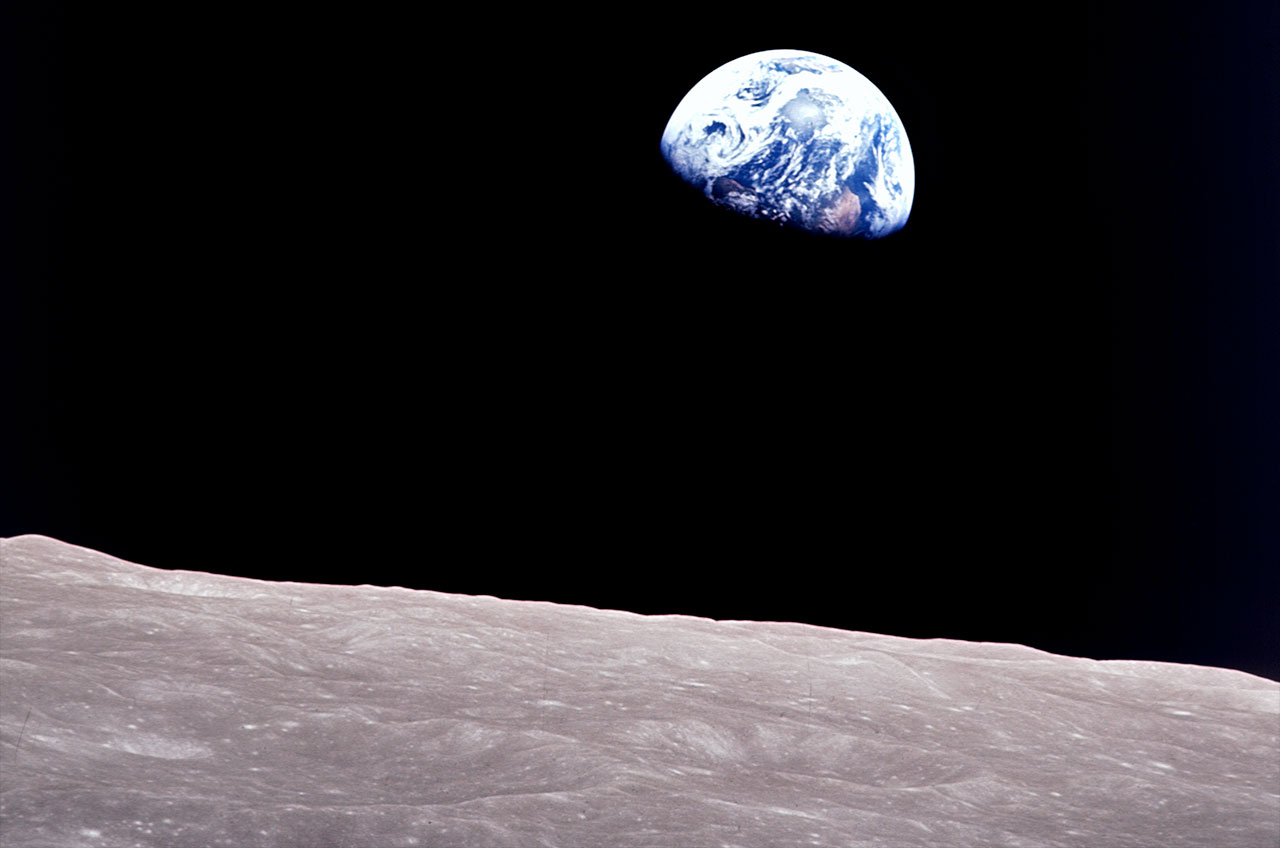
"So I am sure even if they were blindfolded, they would go. That is the attraction and that is where SpaceX may find a viable business," said Lovell.
Lovell is glad that SpaceX and other companies like it are starting to turn their attention to the moon — in addition to other lunar-focused efforts underway at NASA.
"I think we have barely scratched the surface of the moon with the six Apollo landings," Lovell said. "I think that since the moon is there, 240,000 miles away [386,000 km], and we have the technology, let's concentrate on learning more about the moon and making travel to the moon, and back again, sort of a routine thing, so we're very confident in the architecture, infrastructure we have to do the job. And then expand on that."
That being said, Lovell won't be signing up — or accepting any invitations — for a return trip to the moon.
"Why should I? I've been there twice," he said.
Follow collectSPACE.com on Facebook and on Twitter at @collectSPACE. Copyright 2016 collectSPACE.com. All rights reserved.
Join our Space Forums to keep talking space on the latest missions, night sky and more! And if you have a news tip, correction or comment, let us know at: community@space.com.

Robert Pearlman is a space historian, journalist and the founder and editor of collectSPACE.com, a daily news publication and community devoted to space history with a particular focus on how and where space exploration intersects with pop culture. Pearlman is also a contributing writer for Space.com and co-author of "Space Stations: The Art, Science, and Reality of Working in Space” published by Smithsonian Books in 2018.In 2009, he was inducted into the U.S. Space Camp Hall of Fame in Huntsville, Alabama. In 2021, he was honored by the American Astronautical Society with the Ordway Award for Sustained Excellence in Spaceflight History. In 2023, the National Space Club Florida Committee recognized Pearlman with the Kolcum News and Communications Award for excellence in telling the space story along the Space Coast and throughout the world.

